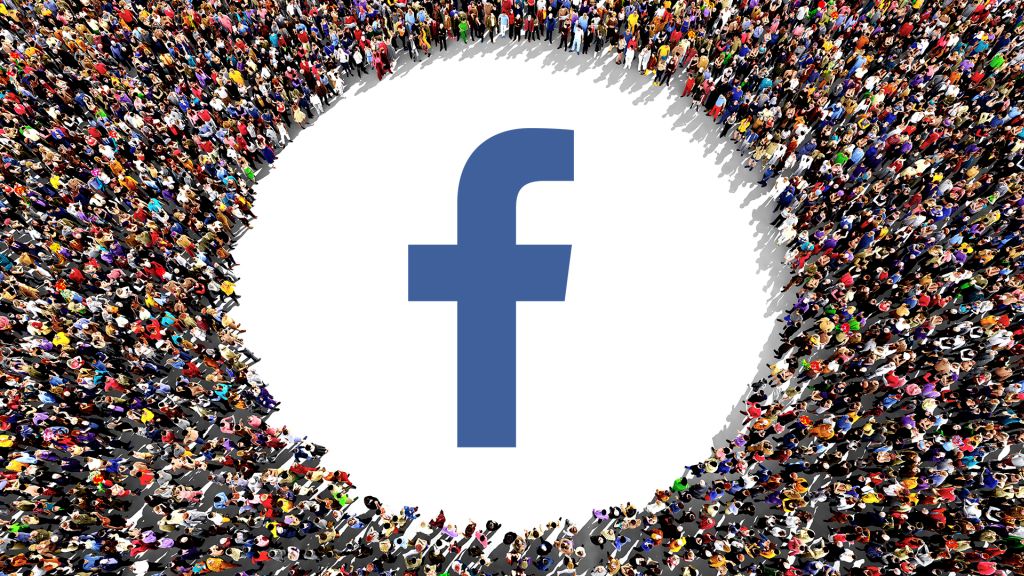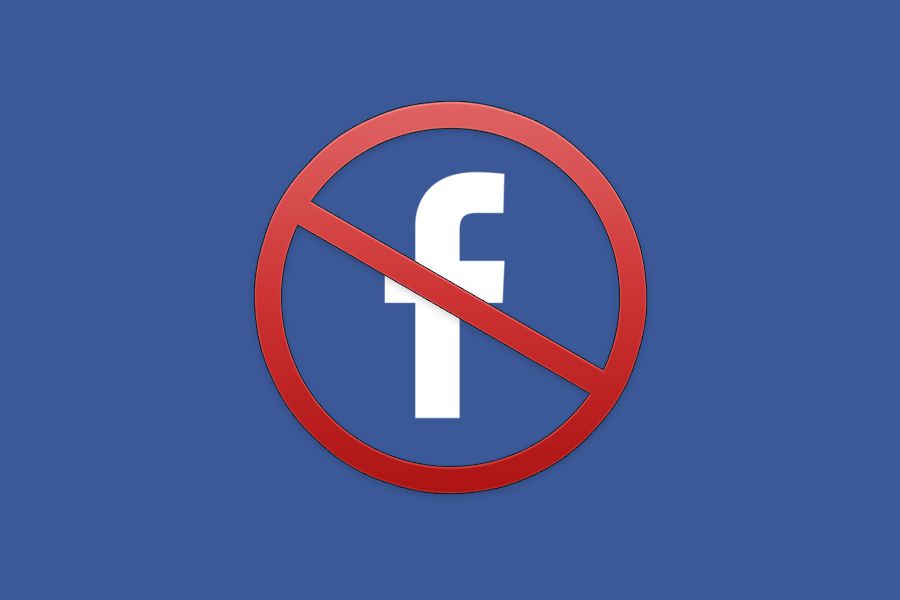Is Facebook outdated? Will It Become Obsolete?

Facebook, once the undisputed king of social media, has transformed the way we connect, share, and communicate. Founded in 2004 by Mark Zuckerberg and his college roommates, it grew from a college networking site to a global phenomenon with over 2.8 billion monthly active users as of 2021. However, in recent years, questions have arisen about Facebook’s relevance and future. With the rise of new social media platforms and changing user preferences, many are wondering if Facebook is becoming outdated and whether it will eventually become obsolete. This article delves into these questions by examining current trends, user demographics, and the company’s strategic responses.
The Evolution of Facebook
Facebook’s early success was driven by its innovative approach to social networking. It provided a user-friendly platform for people to connect with friends and family, share photos and updates, and join interest-based groups. Over time, Facebook introduced features such as the News Feed, Likes, and the ability to share videos, which kept users engaged and attracted new ones.
However, as the digital landscape evolved, so did user preferences. The emergence of platforms like Instagram, Snapchat, and TikTok has shifted the social media paradigm, particularly among younger users. These platforms offer unique features such as ephemeral content, short-form videos, and highly interactive filters, which have resonated more with Generation Z and millennials.

Current Trends and User Demographics
- Declining Popularity Among Younger Users: One of the most significant trends affecting Facebook is its declining popularity among younger demographics. According to various studies, teenagers and young adults are increasingly favoring Instagram, Snapchat, and TikTok over Facebook. These platforms offer a more dynamic and visually engaging experience, which aligns with the preferences of younger users. As a result, Facebook is often perceived as a platform for older generations.
- Privacy Concerns: Privacy issues have plagued Facebook for years, most notably the Cambridge Analytica scandal, where the data of millions of users was harvested without consent. These incidents have eroded trust among users and led to increased scrutiny from regulators. Younger users, in particular, are more privacy-conscious and wary of platforms that do not prioritize data protection.
- Shift in Content Consumption: The way people consume content has also changed. There is a growing preference for video content over text and images, which platforms like YouTube and TikTok capitalize on. While Facebook has made efforts to integrate video content and live streaming, it has struggled to compete with the specialized features and algorithms of these newer platforms.
Facebook’s Strategic Responses
Despite these challenges, Facebook is not standing still. The company has made several strategic moves to remain relevant and retain its user base.
- Acquisitions and Diversification: Facebook has acquired several other popular platforms, including Instagram and WhatsApp, to diversify its portfolio and capture a broader audience. Instagram, in particular, has been a success story, attracting a younger demographic and driving engagement through features like Stories and Reels.
- Innovative Features: To compete with newer platforms, Facebook has introduced features like Facebook Stories, Facebook Watch, and Facebook Gaming. These features aim to provide a more interactive and immersive experience for users, encouraging them to spend more time on the platform.
- Focus on Groups and Communities: Recognizing the shift towards more private and niche interactions, Facebook has placed a strong emphasis on Groups and community building. Groups provide a space for like-minded individuals to connect and engage in discussions, which has helped to foster a sense of community and keep users engaged.
- Enhanced Privacy Controls: In response to privacy concerns, Facebook has implemented more robust privacy controls and transparency measures. The company has introduced features like privacy checkups and data download options to give users more control over their information.
The Future of Facebook
Whether Facebook will become obsolete is a complex question with no straightforward answer. Several factors will determine its longevity:
- Adaptability: Facebook’s ability to adapt to changing trends and user preferences will be crucial. The platform needs to continue innovating and evolving to meet the needs of its diverse user base.
- Trust and Privacy: Rebuilding trust and ensuring robust privacy protections will be essential for retaining and attracting users. Continued efforts to enhance transparency and data security will play a significant role in this.
- Competition: The rise of new platforms will continue to pose challenges. Facebook must find ways to differentiate itself and offer unique value propositions that appeal to both existing and potential users.
- Global Reach: Facebook’s extensive global reach remains one of its strengths. Expanding its presence in emerging markets and adapting to local needs can help sustain its growth and relevance.
Conclusion
Facebook is at a crossroads. While it faces significant challenges from newer, more dynamic platforms, it is also taking proactive steps to adapt and evolve. The platform’s future will depend on its ability to innovate, address privacy concerns, and stay relevant in a rapidly changing digital landscape. While it may no longer be the dominant force it once was, declaring Facebook obsolete might be premature. As long as it continues to evolve and meet the needs of its users, Facebook can remain a significant player in the social media ecosystem.








